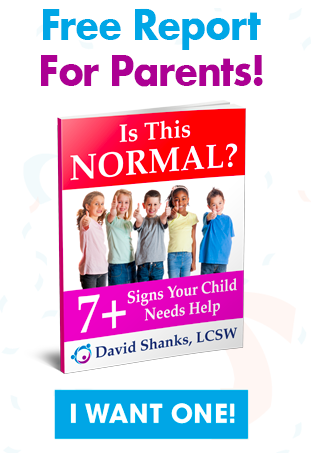Therapy for Children and the Adults in their Lives
Commonly Asked Questions
What kind of issues can you help with?
I work with many different issues. The common theme is helping you connect with and move through stuck feelings, and to gain perspective on difficult problems. I have special training in helping people who have suffered significant trauma. I like working with children and teens. And I have had real success helping couples.
- Anxiety and self esteem
- Depression
- Anger management
- Compulsion and addiction
- Couples and Family relationships
- Teens and parenting
- Toddlers and elementary children
- Work problems
- Feelings of overwhelm
- Suicidal thinking
- Trauma Recovery
- Grief and Loss
What benefits can I expect from therapy?
This depends on what you want and need. In the long term, the goal of therapy is to help you resolve feelings so you have more joy and peace in your life. In the short term often we are focused on resolving an immediate crisis and providing you with tools for coping more effectively. My emphasis is on getting results and helping you find ways to resolve future issues on your own.
How long does therapy take? How long do I have to come?
That depends on your goals and the complexity of the issues you come with. I see some patients who come with a specific problem and only need short term therapy. Others may need ongoing support for a period in order to work through more significant issues. Beyond resolving a crisis, therapy can be seen as a path of personal growth which can lead to a richer, more productive and more successful life. I am always available to help you make the decision regarding what type of therapy is appropriate, but the choice is always up to you.
Are you accepting new clients? How soon can I schedule an appointment?
At present I am accepting new clients. In an emergency I can usually see a new client within 48 hours if you are willing to be flexible with time. In general I try to fit new clients in within 1 – 2 weeks of our first phone call. I am usually available for a short consultation to see whether my services are a fit for your situation.
What is an LCSW and what is your training and experience?
LCSW stands for Licensed Clinical Social Worker. I first earned a masters degree from the University of North Carolina at Chapel Hill School of Social Work. After 3000 hours of supervised clinical training I passed a national examination to gain the LCSW status. This is a nationally recognized license which is recognized by other professions and insurance providers. I have been active as a social worker for almost a decade.
What forms of payment do you accept?
I am enrolled as a provider with Blue Cross/Blue Shield of North Carolina, UBH (United Behavioral Health/United Health Care), and Cigna. I accept NC Medicaid and NC HealthChoice. For clients paying out of pocket, I can supply a receipt including diagnostic and procedural codes which you may submit to your insurance company for reimbursement.
In general, the law protects the confidentiality of all communications between a client and a therapist. Information is not disclosed without written permission. However, there are number of exceptions to this rule. These exceptions include:
- Suspected child abuse or dependant adult or elder abuse. The therapist is required by law to report this to the appropriate authorities immediately.
- If a client is threatening serious bodily harm to another person/s. The therapist must notify the police and inform the intended victim.
- If a client intends to harm himself or herself. The therapist will make every effort to enlist their cooperation in insuring their safety. If they do not cooperate, further measures may be taken without their permission in order to ensure their safety.


